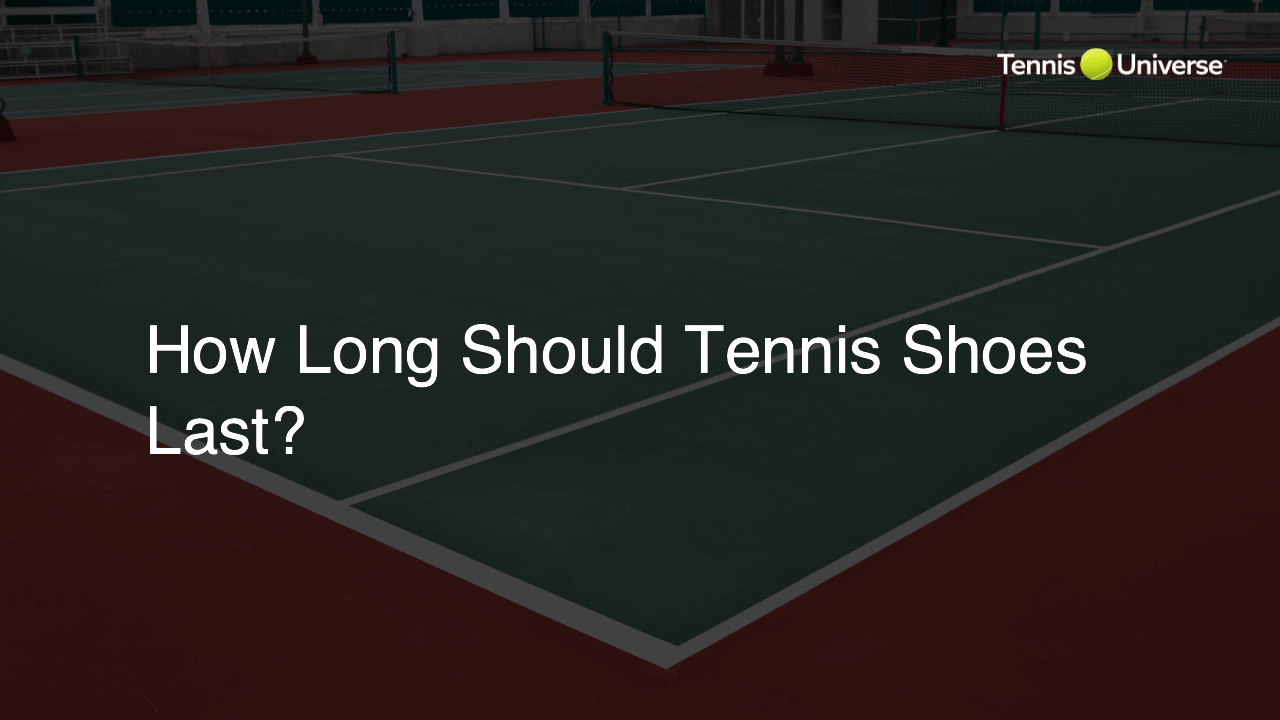Tennis is more than just a game; it’s a lifestyle. Whether you’re rallying with friends at your local court or dreaming of one day holding that coveted Grand Slam trophy, having the right gear is essential. And at the heart of your tennis arsenal? A killer pair of shoes. But with so many styles, brands, and price points, the question arises: How long should tennis shoes last? Let’s dive deep into the intricacies of a tennis shoe’s lifespan and help you make an informed choice.
Understanding Shoe Construction: What Affects Lifespan?
Before we can pin down a definitive lifespan for tennis shoes, it’s critical to understand the factors that influence durability. A tennis shoe is not just any footwear; it’s engineered for performance, stability, and support. The upper material, the type of midsole, the tread of the outsole, and even the climate you play in all contribute to how long your shoes will last.
1. Upper Material: Tennis shoes typically come with either synthetic uppers or natural leather. Synthetic materials tend to be lighter and more breathable but may wear out faster. On the flip side, leather offers durability but can be heavier and less forgiving in terms of ventilation. The longevity of uppers can also vary with how often you play and how well you maintain them.
2. Midsole Technology: The midsole is the cushioning section of the shoe that absorbs shock. Different brands boast various technologies, from gel inserts to responsive foam. While high-end shoes might offer longer-lasting cushioning, cheaper alternatives often degrade more quickly, compromising performance.
3. Outsole Composition: The outsole is responsible for grip, traction, and durability. Hard court players need shoes with tough rubber outsoles, while those on clay or grass will require softer materials that can grip and slide confidently. Depending on where you play, these differences can significantly impact lifespan.
Average Lifespan: What to Expect
Now that we’ve established the factors at play, let’s discuss what you can generally expect in terms of lifespan. On average, a good pair of tennis shoes should last anywhere from 40 to 70 hours of playtime. However, this number can be influenced by several variables:
- Frequency of Use: If you’re hitting the courts three times a week, your shoes are going to face more wear and tear than if you only play on weekends. More playtime equals a shorter lifespan.
- Style of Play: Aggressive players who slide or pivot frequently may find that their shoes wear out faster due to constant friction. Players who adopt a more conservative movement style typically experience less shoe degradation.
- Type of Court: As mentioned, the surface you play on heavily influences how quickly your shoes break down. Hard courts can be notoriously tough on shoes, leading to faster wear compared to softer surfaces.
Signs Your Tennis Shoes Need Replacement
Identifying when to switch out your tennis shoes can be tricky. Here are some telltale signs that your beloved pair may be past their prime:
- Visible Wear and Tear: Inspect the upper for any rips or tears. Check the soles for signs of excessive slippage or uneven wear.
- Loss of Cushioning: If you feel like you’re playing directly on the court rather than on cushioned shoes, it’s time to invest in a new pair. Lack of cushioning can lead to discomfort and even injury.
- Funny Smells: While shoes do pick up odors from time to time, a persistent scent can indicate that your shoes have absorbed moisture and bacteria, leading to degradation.
- The Pinch Test: Put on your shoes and perform a few light movements. If you feel pinching or discomfort in any area, it’s likely the integrity is compromised.
Caring for Your Tennis Shoes: Tips to Extend Lifespan
When you find a great pair of tennis shoes, you want them to last as long as possible. Here’s how to extend the lifespan of your footwear:
- Rotate Your Shoes: If you play frequently, consider having multiple pairs. Rotating them allows each pair to decompress and dry out, which can prevent early breakdown.
- Keep Them Clean: After a game, wipe off any clay, dirt, or debris. Remove the insoles and air them out. A little care goes a long way!
- Store Properly: Avoid leaving your shoes in your car or exposed to extreme temperatures. Keeping them in a cool, dry place helps maintain their form.
- Invest in Quality: While it’s tempting to go for the cheapest option, investing in a quality pair with robust materials will pay off in the long run.
Conclusion: Play Smart, Choose Wisely
The longevity of your tennis shoes hinges on various components—from the material to your playing style. While a good pair can serve you well for anywhere from 40 to 70 hours on the court, recognizing the signs of wear and understanding how to care for them will ensure you stay game-ready for longer. So, lace up those shoes, hit the court, and don’t forget to keep an eye on your footwear—it’s one of your most essential tools in the quest for tennis supremacy!

